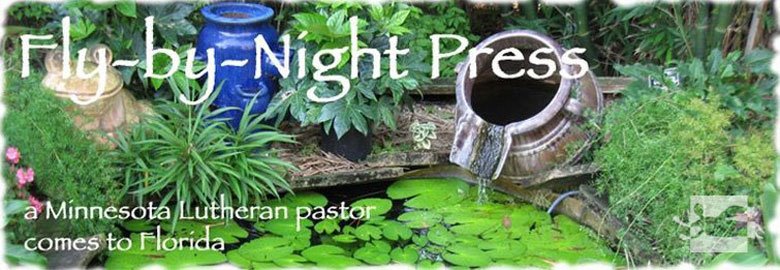I was thinking this week about Mary's trip to Bethlehem. Not the one she made with Joseph in order to get enrolled or taxed or whatever the reason. I was thinking about that long journey she made from her home in Nazareth to see her relative (cousin? aunt?) Elizabeth. What was she thinking?
She was just a teenager, pregnant, no husband — yet; traveling alone nearly the length of Israel. Didn't she know she was risking everything God had planned? What if she fell, what if she got sick on bad water or spoiled food? Didn't she know that life is very fragile — especially new life?
Was Nazareth too hard a place to be for her? Did she have something to say that she couldn't say at home to her own mother that she needed to say to Elizabeth? Had the whispers become too loud, the glances too sharp? Did she just need some place to go where she would be welcomed, to find someone who would listen to her, to perhaps hold her close and tell her that she is brave.
As her son would be driven to the wilderness after his baptism, Mary was driven into the wilderness to sing her song.
Barbara Brown Taylor points out that Mary's song is sung past tense and that prophets always get their verb tenses mixed up because for them God's actions are always happening ahead of time. There is no distinction between then, now, and tomorrow.
All Mary had was the promise and the song that God had done great things for her, that God wanted her to be part of what is yet to come.


